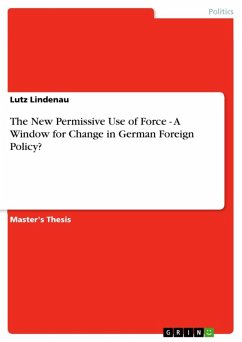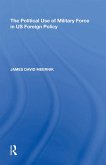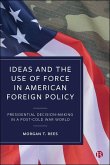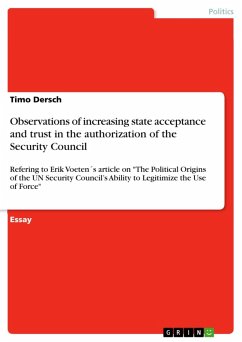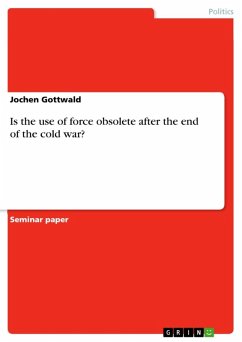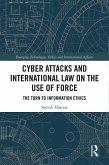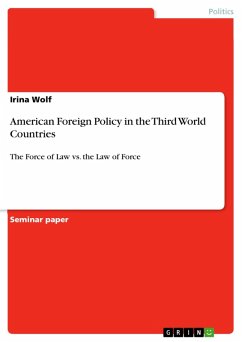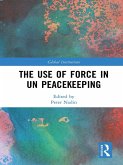Master's Thesis from the year 2003 in the subject Politics - Topic: German Foreign Policy, grade: 8 (of 10), University of Amsterdam (FMG), language: English, abstract: If we look back at more than a decade of united Germany's foreign policy, there seems to be a shift away from the former military `culture of restraint`. Throughout the 1990s, German troops have been increasingly deployed in military operations `out of area` and for the first time since the Second World War participated in combat missions in the Kosovo War in 1999. Consequently, the "FRG has read the signs of the new time and feels ready to take on the role of a European power". Has the reunited country actually gained power? Has the removal of the last boundaries of German sovereignty triggered a quest for more political autonomy that manifests itself in an increased military activity? Does this comparatively more `permissive` use of force indicate a fundamental shift away from former traditional principles of the Bonn Republic? Or does the Berlin Republic head toward a militarized German foreign policy in the context of Euro-Atlantic hegemony? It is Germany's security policy as a cornerstone of foreign policy that I am going to examine between 1990 and 2003 to be able to make some inferences of foreign policy changes. Secondly, by looking of some factors that might have had an impact on these eventual changes one might additionally gain some further implications. The aim of this thesis is therefore twofold: I intend to contribute with this work to the debate whether since reunification change or continuity prevails in German foreign policy, while I additionally attempt a causal analyses of new elements in it. The scope of that debate will be in so far enhanced as it tries to generate causal inferences as well.
Dieser Download kann aus rechtlichen Gründen nur mit Rechnungsadresse in A, B, BG, CY, CZ, D, DK, EW, E, FIN, F, GR, HR, H, IRL, I, LT, L, LR, M, NL, PL, P, R, S, SLO, SK ausgeliefert werden.

